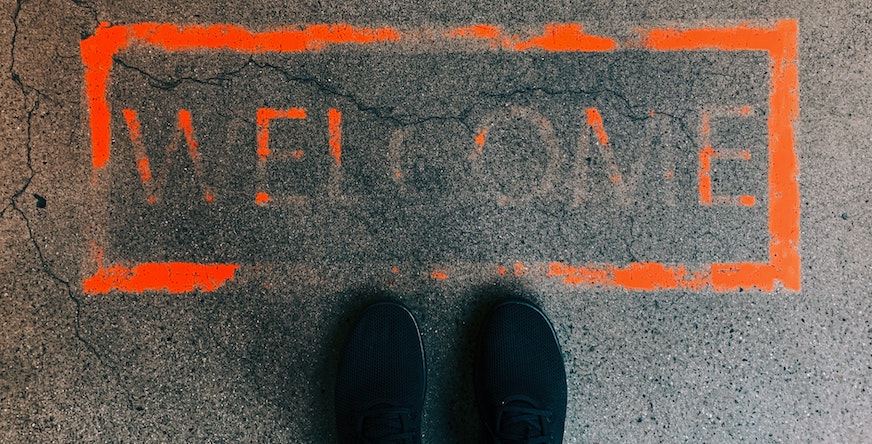
Hi folks,
Welcome to Psychosisnet.com.
We launched this website to simply offer a place where you can educate yourself about psychosis.
But… Do we really need such a website?
Well, in the Netherlands, we now have 2 million yearly visitors on our original Dutch website. So the answer is: yes.
The main reason why so many people are finding us, is that we provide an environment that is entirely scientific and ‘responsible’ but free of:
*pessimistic medical bias
*unscientific bio-babble
*exaggerated focus on medication
In other words, we will not give you mythical formulations like “schizophrenia is a devastating genetic brain disease”, simply because that is not what science is telling us.
Instead, we promote the more scientific view that:
*Psychosis susceptibility is common and human;
*Psychosis is part of human mental variation – and may result in need for care;
*Psychosis is extremely variable and personal in expression and impact;
*Diagnosing psychosis is to make a personal characterization of symptoms, meaning and circumstances;
*We follow the advice of the Belgium Superior Health Council that labels such as ‘schizophrenia’, ‘schizo-affective disorder’, ‘schizophreniform disorder’, ‘schizotypal personality disorder’ etc, do not adequately capture the individual variation in symptoms and prognosis, and therefore should be avoided.
*Antipsychotics can be helpful, but patients should have a choice, and long-term use should be avoided if possible;
*If patients prefer treatment without medication this should be possible – as it is by law in Norway;
*Learning to live with psychosis susceptibility can be a long and painful process that requires help from people with lived experience and a sustained focus on social holding, participation and physical health.
We are pro-psychiatry
But in a critical way, meaning that we want psychiatry to be scientific, and to acknowledge that much of the recovery through ‘evidence-based’ psychological and pharmacological treatments is in fact mediated by:
*The quality of the relationship between patient and carer;
*Being able to learn from people with lived experience in a ‘recovery college’ educational setting;
*Being able to experiment with treatments, even if this entails risk;
*Having access to social care (work, education, living) in addition to mental health care;
*Having access to modern methods of ‘social holding’, such as open dialogue, crisis respite care, voice hearing groups, peer support and other facilities.
Who are we?
We are an international, ‘multi-expert’ group of people, with and without lived experience and with and without professional experience in the mental health care system, who felt that the information that is available on psychosis and ‘schizophrenia’ is often incorrect, stigmatising and not aligned with modern scientific insights. We were amazed that this could be possible in the 21st century and decided to create this hub for normal information, self-help and contact.
Let us know what you think!
-
Vanheule S, Adriaens P, Bazan A, et al. Belgian Superior Health Council advises against the use of the DSM categories. Lancet Psychiatry 2019; 6(9): 726.





Comments: